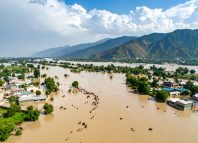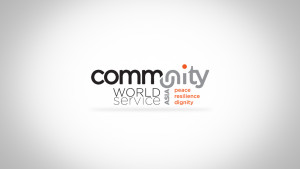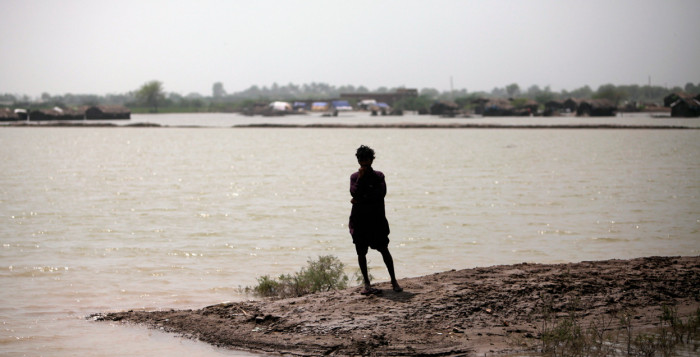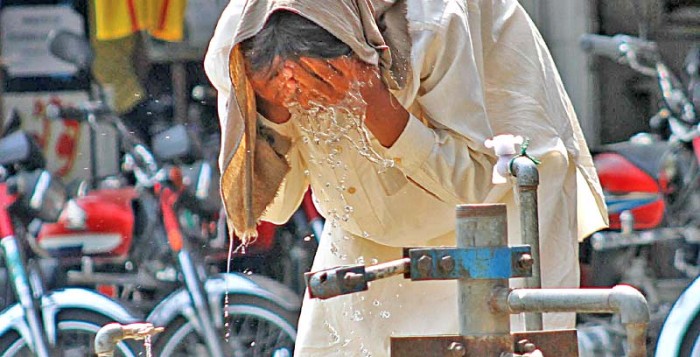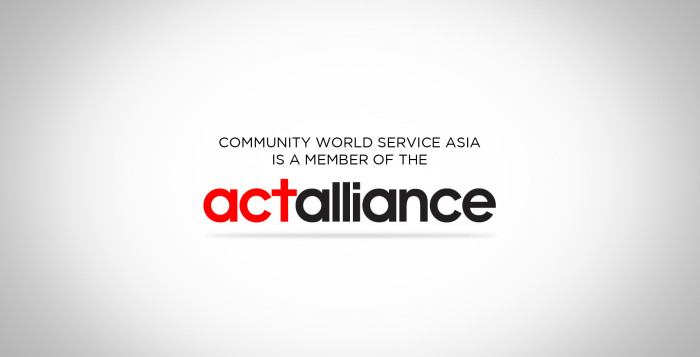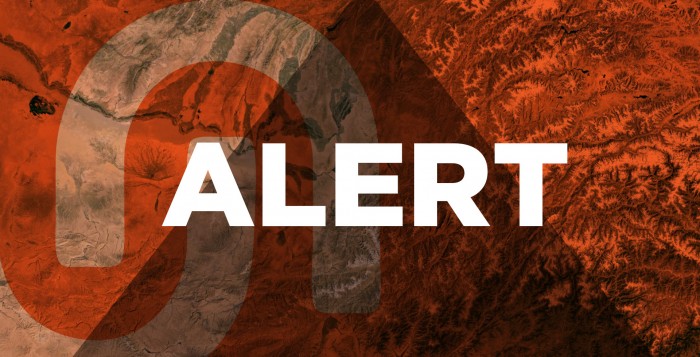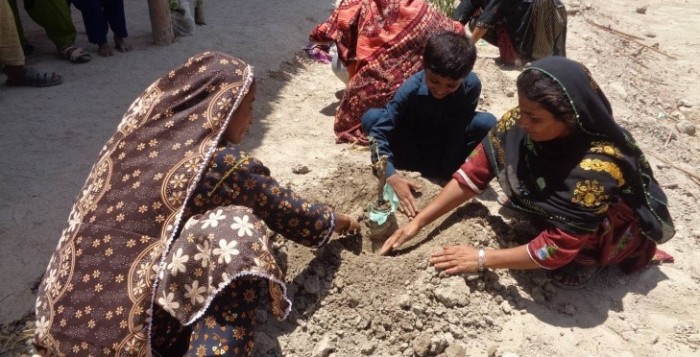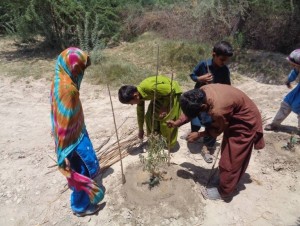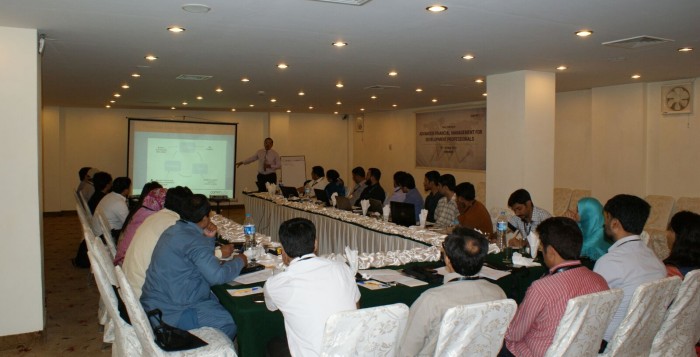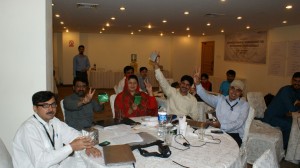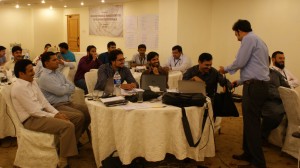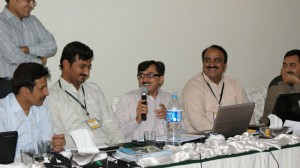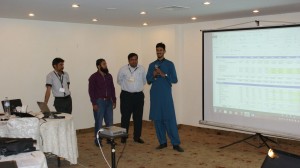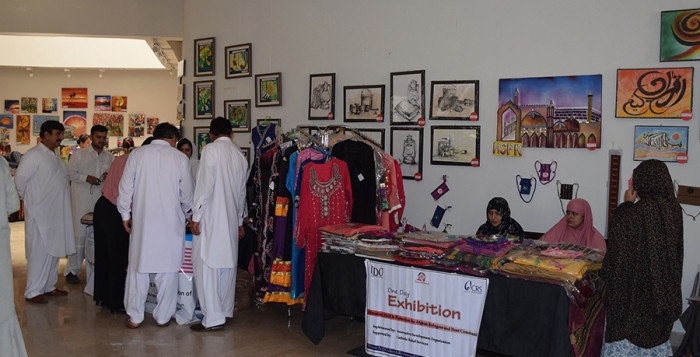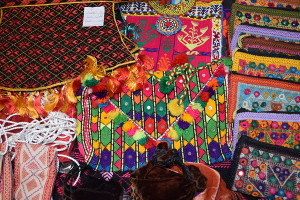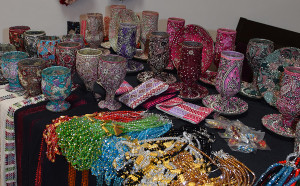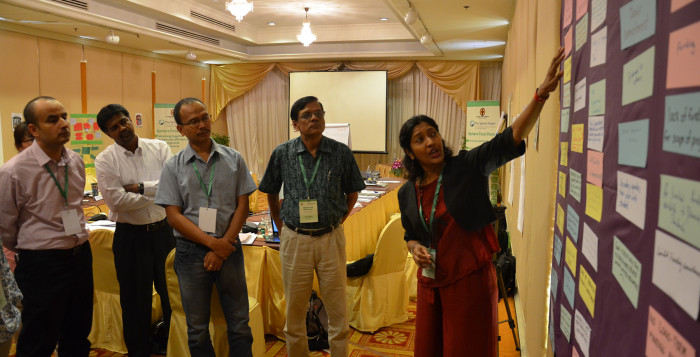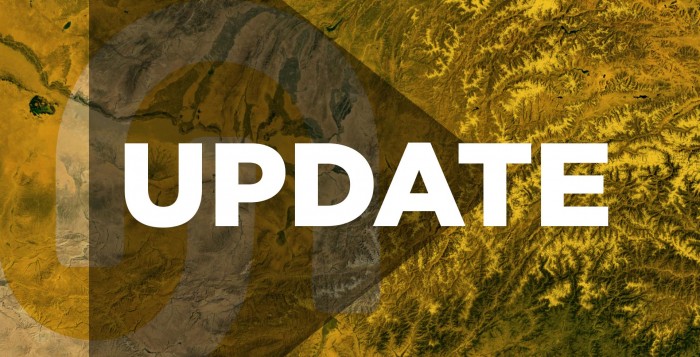Improving quality, accountability and people management: HAP and People In Aid merger concluding with the launch of the CHS Alliance
Bringing together more than two decades of experience in quality, accountability and people management, the CHS Alliance will form one of the largest and most influential networks in the humanitarian and development sector. It will be a truly global enterprise, with a membership of more than 200 organisations headquartered in 55 capitals and operating in more than 160 countries worldwide. The Alliance will benefit from the reputations, legacies and successful working practices of HAP International and People In Aid, the two organisations which merged to form the Alliance.
The Core Humanitarian Standard on Quality and Accountability (CHS) is at the heart of the work of the CHS Alliance. The Alliance intends to establish the standard as a common reference framework for all actors who put communities and people affected by disaster, conflict or poverty at the centre of their work. Chair of the Alliance, Robert Glasser said that: “Given the broad consensus on the content of the CHS, we are proposing that this Standard be endorsed at the World Humanitarian Summit as a key framework to orient, assess and measure the quality, effectiveness and accountability of humanitarian assistance.” The CHS Alliance will continue to work with colleagues in the Sphere Project and Groupe URD and other stakeholders to support the widespread uptake of the CHS.
Laila Sheikh, the Regional Director of the Horn of Africa for Swiss Agency for Development and Cooperation and the keynote speaker at the launch of the CHS Alliance said: “Switzerland’s commitment to standards is rooted in the belief that beneficiaries must be empowered to influence the type and the effectiveness of the humanitarian assistance they receive. Switzerland has a long tradition of supporting, as well as sponsoring initiatives and approaches that place affected people at the centre of aid delivery.
Spelling out clear accountability indicators towards affected people must automatically be paired with the promotion of standards as well as the continuous dissemination of knowledge. People in need are under any given circumstances entitled to be informed about their rights. In this regard, we believe that the CHS Alliance is an essential contribution to the empowerment of affected people.”
HAP and People In Aid have extensive expertise in the provision of services to members and partners in the humanitarian and development sectors. They have found that a mix of policy support, technical assistance, training and other capacity strengthening initiatives works best to meet the needs of individuals and diverse organisations. The Alliance will provide technical assistance and capacity strengthening in their three key areas of quality, accountability and people management. The Humanitarian Certification Initiative, an independent auditing body that will be launched in the coming months, will offer certification and external verification against the CHS.
From the moment of its launch as a Swiss Association on the 9 June 2015 in Nairobi, Kenya, the CHS Alliance will have a staff presence in Bogota, Geneva, London, Madrid, Nairobi and Yangon, and a governing board comprised of representatives from leaders in the humanitarian and development sectors worldwide.
At the launch event, the Chair, Robert Glasser, announced the appointment of Judith F. Greenwood as the incoming Executive Director of the CHS Alliance. Judith, an Irish National, will take up her position on 24 August 2015. She is currently head of the people management programme at the International Committee of the Red Cross (ICRC) in Geneva. She joined the ICRC in 2002 and has held senior management positions in Geneva and around the world, having previously worked with Concern Worldwide and the International Rescue Committee. Robert Glasser highlighted her proven ability to lead and manage diverse, multidisciplinary teams of all sizes, set effective priorities and achieve results, noting her record of having led both start-up and well established operations in over thirteen countries.
Judith said: “I am excited to be leading the CHS Alliance. The Alliance is a unique opportunity to galvanise the growing acceptance among all actors that assistance needs to be improved, and needs to be accountable to those for whom we work. I look forward to working closely with staff, members, donors and partners to further this aim.”
At the closing of the launch, the Chair called on all actors who work with communities and people affected by disaster, conflict or poverty to adopt, apply and promote the Core Humanitarian Standard on Quality and Accountability.
For more information about how you can join the CHS Alliance and benefit from its services, please visit www.chsalliance.org
Media contacts
For more information and to arrange interviews please contact the CHS Alliance communications team, Murray Garrard, Siobhan O’Shea and Emily Tullock, at info@chsalliance.org
Download PDF

